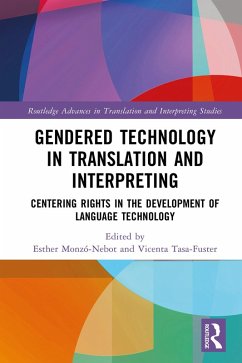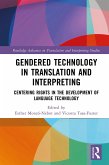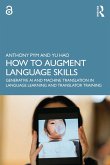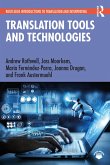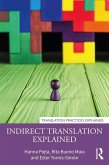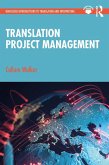The volume explores different perspectives on the impact of technology on gender relations through specific cases of translation and interpreting technologies. In particular, the book considers the slow response of legal frameworks in dealing with the rise of language-based technologies, especially machine translation and large language models, and their impacts on individual and collective rights. Part I introduces the study of gendered technologies at this intersection of legal and translation and interpreting research, before moving into case studies of specific technologies. The cases explored in Parts II and III discuss the impact of interpreting and translation technologies on language professionals, language communities, and gender inequalities, while stressing the future needs of gendered technology, particularly machine translation. Taken together, the collection demonstrates the value of a cross-disciplinary approach in better understanding how language technologies can be harnessed to address discrimination and contribute to growing discussions on gender equality and social justice at the intersection of technology and translation.
This book will be of interest to scholars in translation and interpreting studies, gender studies, language technologies, and language and the law.
Dieser Download kann aus rechtlichen Gründen nur mit Rechnungsadresse in A, B, BG, CY, CZ, D, DK, EW, E, FIN, F, GR, HR, H, IRL, I, LT, L, LR, M, NL, PL, P, R, S, SLO, SK ausgeliefert werden.
- Minlin Yu, Lecturer in Translation Studies with Chinese Mandarin (School of Modern Languages & Cultures), University of Glasgow
- Minlin Yu, Lecturer in Translation Studies with Chinese Mandarin (School of Modern Languages & Cultures), University of Glasgow
"The compilation effectively highlights how TI technologies risk perpetuating gender inequalities in both their design and use."
- Argelia Peña-Aguilar, Universidad Autónoma del Estado de Quintana Roo University of Ottawa

